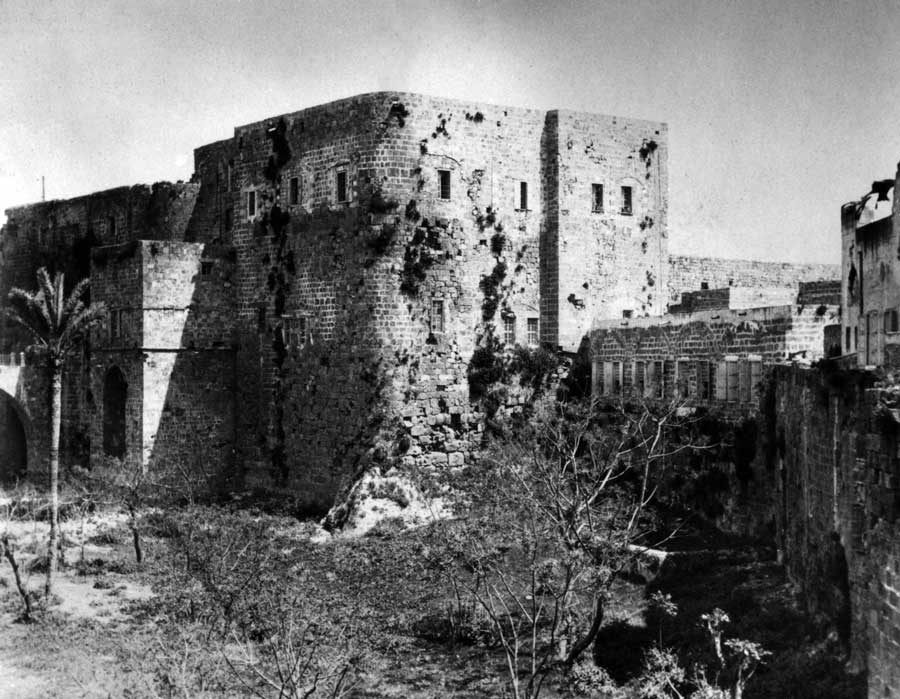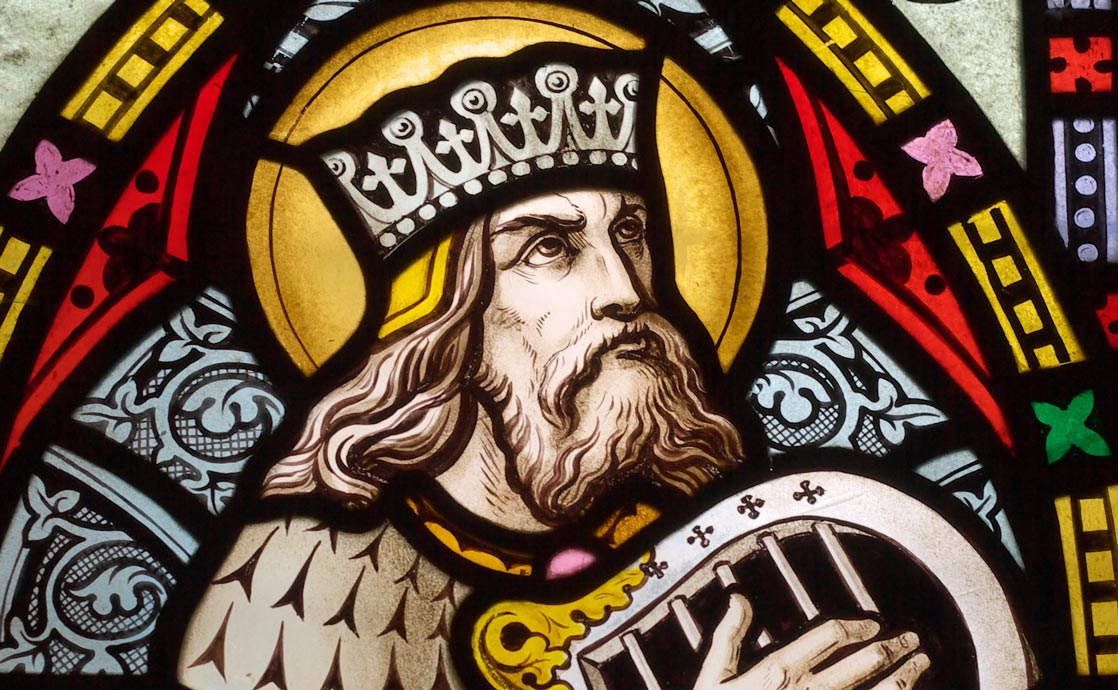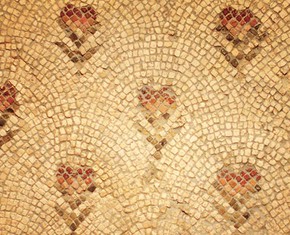The views expressed in our content reflect individual perspectives and do not represent the authoritative views of the Baha'i Faith.
Who wrote the Psalms? Many say King David penned half of the 150 Psalms in the Hebrew Bible, but we will never know how many of the psalms credited to David were actually written by him.
Some of those written during his time were penned for the Temple choir, and may not have been composed by David himself. Most Biblical scholars agree that the Psalms were written over the course of five centuries, so no single author could have possibly written them.
The Sefer Tehillim—The Book of Psalms, and the traditional Hebrew version of Psalms—has superscriptions for 100 of the 150 psalms that ascribe the authorship to several persons. They credit one psalm to Moses, ten to the sons of Korah (who lived in the time of Moses), seventy-three to David, two to Solomon, one each to Heman and Ethan (contemporaries of Solomon), and twelve to Asaph (who lived in the late sixth century BCE). The Septuagint (the Greek translation of the Hebrew Bible) credits an additional ten psalms to David.
Psalm 60, attributed to David, reveals a mysterious prayer of lament and supplication to God for deliverance at a time of calamity at the hands of the Edomites, a people who lived south of Jerusalem and were inveterate enemies of the Israelites:
You have rejected us, God, and burst upon us;
you have been angry—now restore us!
You have shaken the land and torn it open;
mend its fractures, for it is quaking.
You have shown your people desperate times;
you have given us wine that makes us stagger.
But for those who fear you, you have raised a banner
to be unfurled against the bow.
Save us and help us with your right hand,
that those you love may be delivered.
Past promises of God for deliverance and victories are given,
and then David asks the stirring question,
“Who will bring me into the strong city?”
Who will bring me into the strong city?
Who will lead me into Edom?
Is it not you, God, you who have now rejected us
and no longer go out with our armies?
Give us help from trouble,
For human help is worthless.
With God we will gain the victory,
And he will trample down our enemies. – Psalm 60:1–5, 9–12 (emphasis added).
What was that strong city, and why would David want to be led to it?
Baha’u’llah, the prophet and founder of the Baha’i Faith, solved this puzzle when he wrote this passage in his book “Epistle to the Son of the Wolf“:
Lend an ear unto the song of David. He saith: ‘Who will bring me into the Strong City?’ The Strong City is Akka, which hath been named the Most Great Prison, and which possesseth a fortress and mighty ramparts.
This psalm offers a good example of a prophetic phrase―the strong prison city of Akka―being layered into historical reality about twenty-seven centuries into the future. The psalm transcended this huge length of time by tapping into the imprisonment of Baha’u’llah in the Ottoman prison city of Akka in Palestine.

Prophecies like this might seem to stretch credulity, until we remember that our concept of time is not God’s. Divine time combines past, present, and future. In fact, Abdu’l-Baha mentioned this fact in the book “Some Answered Questions”:
… the hidden mysteries of the days to come were revealed to the Prophets, who thus became acquainted with future events and who proclaimed them in turn. This knowledge and proclamation were not the cause of the occurrence of these events. …
Likewise, God’s knowledge in the contingent world does not produce the forms of things. Rather, that knowledge is freed from the distinctions of past, present, and future, and is identical with the realization of all things without being the cause of that realization.
















Comments
Sign in or create an account
Continue with Googleor